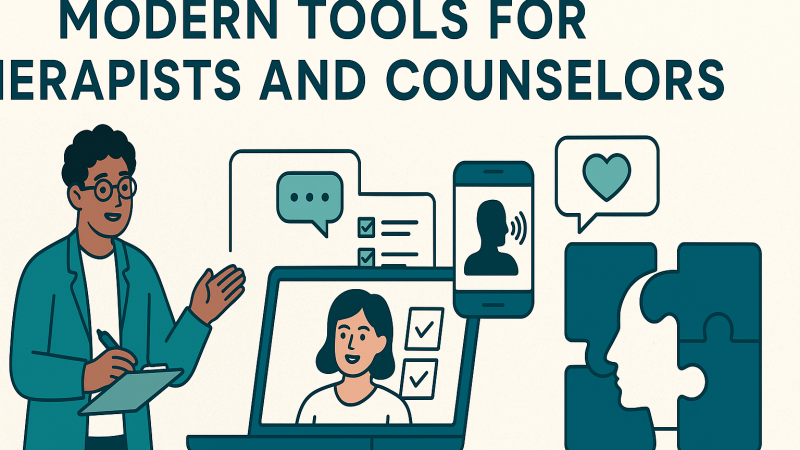5 Apps to Beat Procrastination
Many of us find ourselves fighting a constant battle against procrastination. We really do want to get that task done, but for some reason, we just can’t seem to make ourselves do it. Many people have tried so many strategies to beat procrastination that they may find themselves asking, what’s really going on here? If we can’t just will ourselves to get our work done, what can we do about it?
In order to beat procrastination, it’s important to understand what’s behind it. Psychologists have found that procrastination is often an irrational behavior that people engage in to manage negative moods around a task. This means that beating procrastination isn’t just about learning which tools and strategies to use. It’s also about using them in a way that helps us to manage our negative feelings and focus on the actual task instead.
In an age when it’s extremely easy to get distracted by our phones at any moment, this app helps you use your phone as a tool for focus. When you set a timer, the app plants a digital tree, which grows as you work. If you leave the app, the tree will die, creating a motivator for you to avoid distractions. This can be a great tool to use with the Pomodoro method or other techniques for maintaining focus.
Focus itself won’t stop you from procrastinating, so it’s essential to think about how you use this app. Make sure to not only plan periods of focus but also breaks. This will allow you to give your body any resources it needs, whether it be food, movement, or a moment to slow down and breathe. It can also help you reset your thinking when you run into a period of frustration or feel your brain slowing down.
Everyone who has a Gmail account has Google Calendar, but not everyone uses it to its full potential. Google calendar offers an excellent way for you to plan your time to make sure that you have time to do the work you need to do, fulfill your obligations, and do all the things you want to do.
Consider how you can use Google Calendar to address your specific organizational issues. If you find yourself procrastinating because you feel like you never have time to yourself, try blocking out specific times to rest or do an activity that you love. If you procrastinate because you’re not sure what to do when, try blocking out your tasks on your Google Calendar.
Notion is an all-in-one productivity app that is highly versatile and flexible. You can use it to do anything, from making to-do lists to planning out your months to brainstorming and keeping all of your thoughts and ideas easily accessible. Because of its flexibility, it does have a bit of a learning curve, so take some to do your research, watch helpful videos, and learn what the app is capable of.
We recommend Notion for people who feel like they always have too many things going on at once and can never seem to remember it all. If this sounds like you, try creating Notion pages for all your most important activities. You can then use subpages to store your tasks, make space for brainstorming, and even plan out specific projects and activities.
This is an app for people who thrive on to-do lists but may need some help to actually get them done. Many people make the mistake of writing everything they need to do on a list and using that as their to-do list. Often, this just becomes so overwhelming that it becomes difficult to accomplish even the most essential tasks on the list. Todoist can help you prioritize your tasks and create timelines to get them done.
When thinking about which productivity apps to use, it’s important to remember that every person’s brain works differently. While one person might just put all of their tasks on Notion and call it a day, another person may need to use multiple apps or even analog tools like a paper planner or calendar. Notice what works and what doesn’t as you try new tools, so you can build a toolkit that’s tailored for you.
This is an unconventional recommendation. CBT Thought Diary isn’t specifically designed to work against procrastination or for productivity. It does, however, address one of the key reasons that people procrastinate: their negative thoughts and emotional responses. This app uses the principles of Cognitive Behavioral Therapy (CBT) to create journal prompts that help you understand where your thoughts might be coming from and how you can challenge them to create a new narrative.
At the end of the day, the best defense against procrastination is to take care of yourself mentally and physically. Procrastination is often a misdirected way that our brain tries to protect us from harm, so we can beat it most effectively by understanding what we actually need and creating habits and routines that give us those resources.



